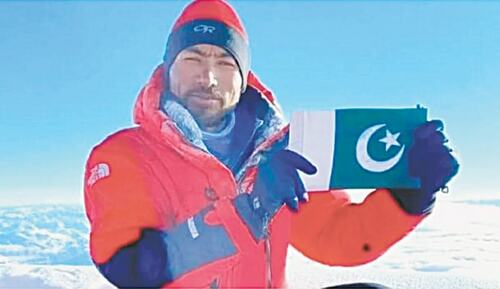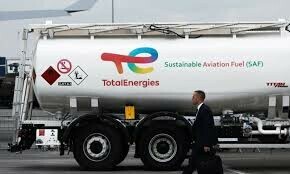THE issue of shortage of civic amenities reared its head in Karachi as soon as the city began to expand both vertically and horizontally (that is, in terms of infrastructural development and population). On April 9, 1974 a story in Dawn suspected that a serious crisis of water supply was likely to hit Karachi in 1975 because of the delay in the execution of the first part of the third phase of the Bulk Water Supply Scheme. The reason was the non-receipt of funds from the provincial government. There was already a shortfall of 25 million gallons of water on a daily (MGD) basis since only 140m gallons were being supplied to the city. The requirement was 165 MGD. With the continuing rise in population, Karachi needed 185 MGD by the next year. Experts said the pinch would be felt by the consumers in May (1974) and in the succeeding months the trouble could aggravate.
Not just that, the authorities were trying to find a solution to the grave problem of impure drinking water as well. On April 10, Dow Medical College (DMC) started sample testing of drinking water in its laboratory complying with the directives of the provincial government. The test was in addition to the one being done by the Karachi Development Authority (KDA).
It seemed that no good news was in the offing on the subject. On April 14, it was announced that Karachi would get turbid water from Haleji Lake after two days due to the closure of Jam Branch Canal along with other canals in Sindh for annual cleaning, distilling and weed removal. The effects of the change would, however, be noticed in the city from April 18 and the supply from Haleji Lake was to be restored in the first week of May.
Impure water has to do with pollution. Interestingly, on April 11, renowned artist Rasheed Arain staged Karachi’s first demonstration in environmental art at Jheel Park in PECHS. To launch 16 fluorescent discs into the lake, the artist invited a couple of kids and some grownups who used them like a discus thrower would. Initially, the 24-inch diameter discs made a circular pattern. As they were carried towards the centre of the lake, the pattern changed. The ducks in the water received the creative process with a mixed reaction. They first got scared but after a while the curious birds approached the discs and swam along with them. Subsequently, the artist proceeded to Indus Gallery where an exhibition of photographs pertaining to the demonstration was held.
From one essential commodity to another: on April 14, M Q Zaman, the Managing Director of the Karachi Gas Company (KGC) at the annual general meeting of the company’s shareholders said the KGC had pressed the government for an upward revision in the price of gas to cover increases in operational and developmental costs. According to him, there had been an increase in the number of domestic connections which were uneconomical for the gas company. He nonetheless claimed that the KGC was earning profit, and ‘in spite of losses on investments in Bangladesh and depreciation in the market value on investments in Pakistan, it had maintained a divided of 12.5 per cent’.
Published in Dawn, April 8th, 2024














































Dear visitor, the comments section is undergoing an overhaul and will return soon.